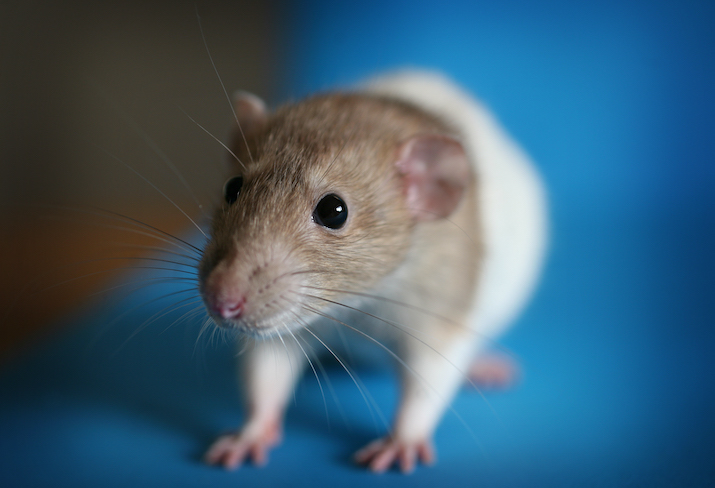

Nicole Nelson: Is animal behavior genetics reductionist?
18 November 2022
Abstract:
Critics of behavior genetics have often argued that it is an inappropriately reductionist research agenda, operating at a level of analysis that is too far removed from the organismal, social, and cultural settings that produce behaviors. These critiques are at odds with behavior geneticists’ self-descriptions of their approach, which they contend is sensitive to many levels of explanatory variables and not just molecular ones. This talk aims to explain why the same research may look reductionist from one vantage point and not from another by attending to how information moves through communities. I will present case studies from addiction research that I argue reveal two knowledge asymmetries which contribute to discrepant viewpoints: one between those with access to knowledge “by-products” and those with access to only the published literature, and a second between those who are examining individual research products versus research programs. Considering these asymmetries not only helps explain the dynamics of debates about reductionism and genetics; it also provides opportunities for reflexive discussion about how philosophers’ access to scientific knowledge may shape the arguments they make about it.
Speaker Profile:
 Nicole C. Nelson is an Associate Professor of Science and Technology Studies in the Department of Medical History and Bioethics at the University of Wisconsin—Madison’s School of Medicine and Public Health. Her first book, Model Behavior (2018), is an ethnographic study of how animal behavior geneticists conceptualize and enact complexity in research with mouse models. She is incoming Editor in Chief at the journal Social Studies of Science, the founding director of the Health and the Humanities program at UW Madison, and a former scholar in residence at the Radcliffe Institute for Advanced Study at Harvard University. Her current research focuses on the “reproducibility crisis” in biomedicine and its relationship to histories of biomedical and open science research reform.
Nicole C. Nelson is an Associate Professor of Science and Technology Studies in the Department of Medical History and Bioethics at the University of Wisconsin—Madison’s School of Medicine and Public Health. Her first book, Model Behavior (2018), is an ethnographic study of how animal behavior geneticists conceptualize and enact complexity in research with mouse models. She is incoming Editor in Chief at the journal Social Studies of Science, the founding director of the Health and the Humanities program at UW Madison, and a former scholar in residence at the Radcliffe Institute for Advanced Study at Harvard University. Her current research focuses on the “reproducibility crisis” in biomedicine and its relationship to histories of biomedical and open science research reform.
